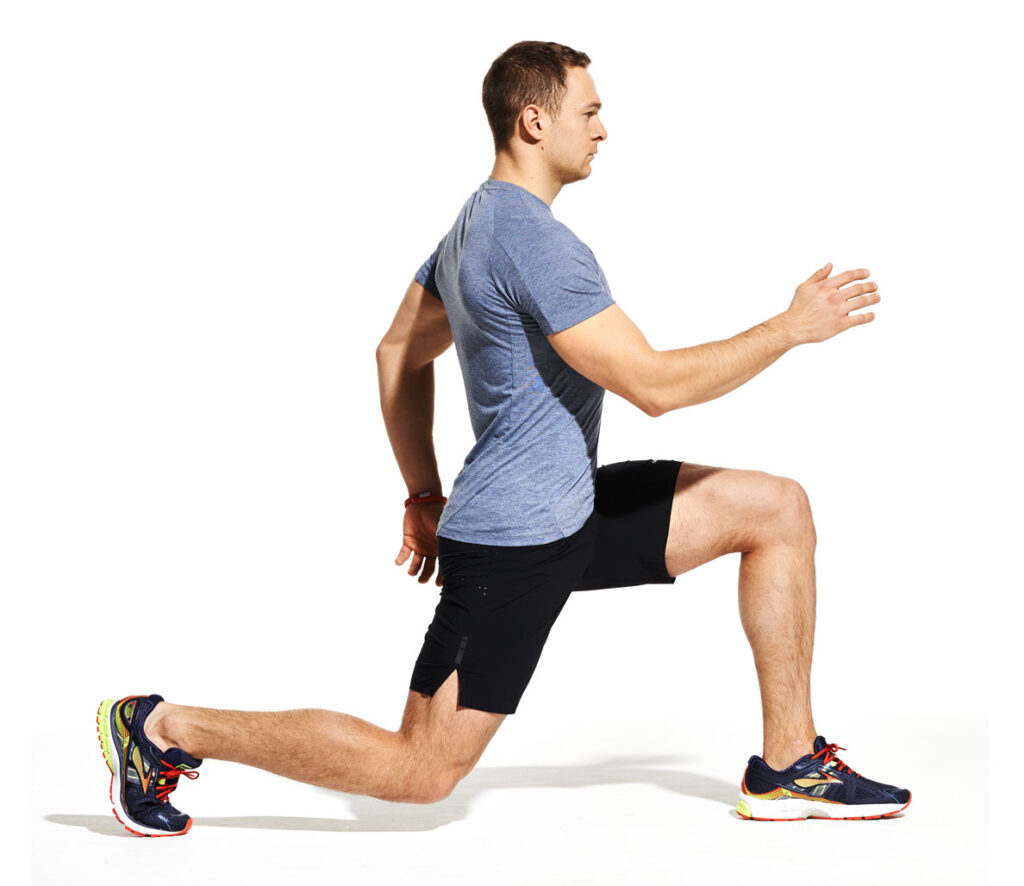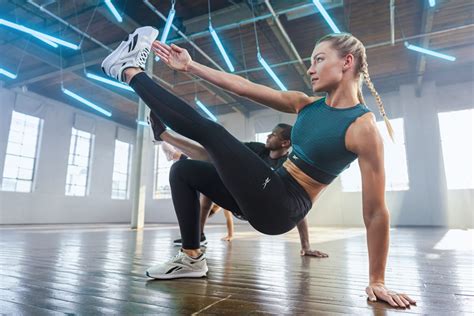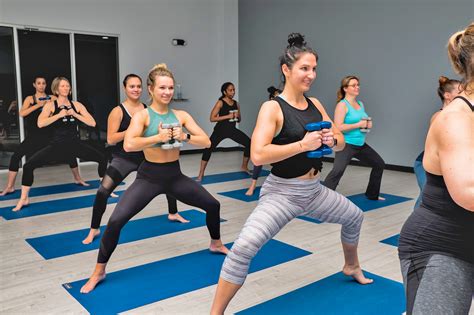
As a personal trainer, I often see individuals focused solely on their weight and muscle strength, overlooking the importance of flexibility and stretching for overall health.
Flexibility is the ability of a joint to move through its full range of motion. This not only helps to prevent injuries during physical activity, but also improves posture and circulation. Stretching, on the other hand, helps to lengthen and relax the muscles, allowing for better movement and flexibility.
Not only do flexible and stretched muscles perform better during physical activity, but they also help to reduce muscle soreness and improve recovery time. In addition, regular stretching can improve overall mental health by reducing stress and promoting relaxation.
Many people assume that flexibility and stretching are only important for athletes and those participating in high-intensity workouts. However, these practices are crucial for individuals of all ages and fitness levels. As we age, our muscles naturally become tighter and less flexible, making it even more important to incorporate stretching into our daily routines.
Fortunately, achieving and maintaining flexibility and stretching does not require a significant time commitment. Simple stretching exercises can be done at home, at the office, or even while traveling.
As a personal trainer, I can help individuals incorporate stretching and flexibility into their fitness routines, ultimately leading to improved overall health and well-being. Don’t neglect the importance of flexibility and stretching for your health. Contact me to learn more about how I can help you achieve your goals.







